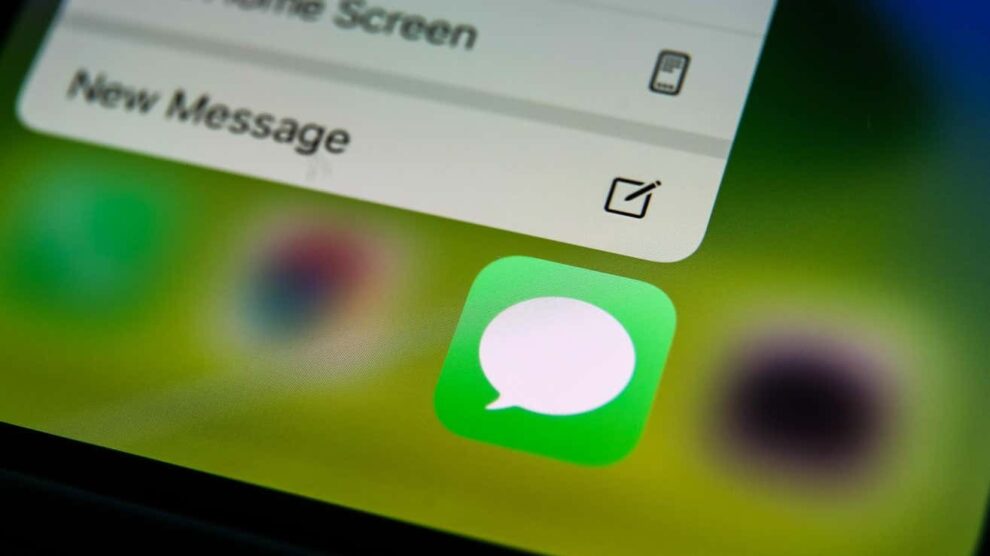In revolutionary move cementing leadership securing private digital communication, Apple recently updated iMessage encryption leveraging bleeding-edge post-quantum cryptography fortifying transmitted data against speculative ultra-powerful quantum computing decryption vulnerability risks emerging in future decades.
This prescient protective innovation reinforces Apple’s uncompromising commitment safeguarding customer privacy expectations through proactive preemptive prudence beyond present threats alone.
Understanding the Risks Quantum Computers Pose
Most contemporary digital encryption methods used transmitting secured data like financial activity or messages rely mathematical complexity solvable reasonably via current classical computing hardware over acceptable time durations if at all.
However, hypothetically realizable quantum computers theoretically wield unparalleled processing prowess crunching complexity exponentially faster than binary architectures, potentially cracking cryptographic defenses previously impervious.
Thus the need for post-quantum cryptography research crafting new encryption algorithms resilient even probabilistic quick-hacking quantum machines someday may attempt.

An Ounce of Future Prevention Over a Pound of Retroactive Scrambling
Rather than scrambling backwards patching outdated methods eventually left vulnerable by quantum computing viability, Apple wisely future-proofs communications applying post-quantum protections proactively preventing potential exposure risks before materialization.
This perfectly coheres Apple’s historically preemptive privacy stances around principle rather than just PR priority.
The Nitty Gritty Details Behind Apple’s PQ3 Protocol
Technically, Apple’s post-quantum cryptography solution dubbed PQC Hybrid Public Key Encryption Standard 3 (PQ3) blends best aspects bleeding-edge quantum-resistant ciphers like:
- Lamport Signatures utilizing one-way cryptographic hash functions
- Lattice-based encryption trapdoor sampling high-density discrete mathematical spaces
The algebraic cocktail mixture sees Apple transition iMessage transport encryption to PQ3’s blend of asymmetric public/private keys for future-proofed assurance.
How Existing iMessage Security Compares Against PQ3
Presently, iMessage deploys the robust ECDSA/Curve25519 asymmetric cryptographic combo for excellent protection.
PQ3 overlaps these by allowing smooth forward migration once enabled to maintain existing safeguard strengths.
So users enjoy exponentially hardened defenses while Apple engineers monitor migration effectiveness behind the scenes.
The Privacy and Security Outlook Regarding Quantum Computing
Stepping back, while quantum computing promises revolutionary advances transforming information processing speeds across domains like chemical engineering or weather prediction, accompanying risks require mitigation.
Various industries now investigate post-quantum cryptography preparing for paradigm shifts decryption models introduce interacting globally transmitted datasets vulnerable weaponization.
With PQ3, Apple fortifies the foundation upholding customer trust and privacy principles far into hypothetical computing frontier futures categorically different our primitive present reality.










Add Comment